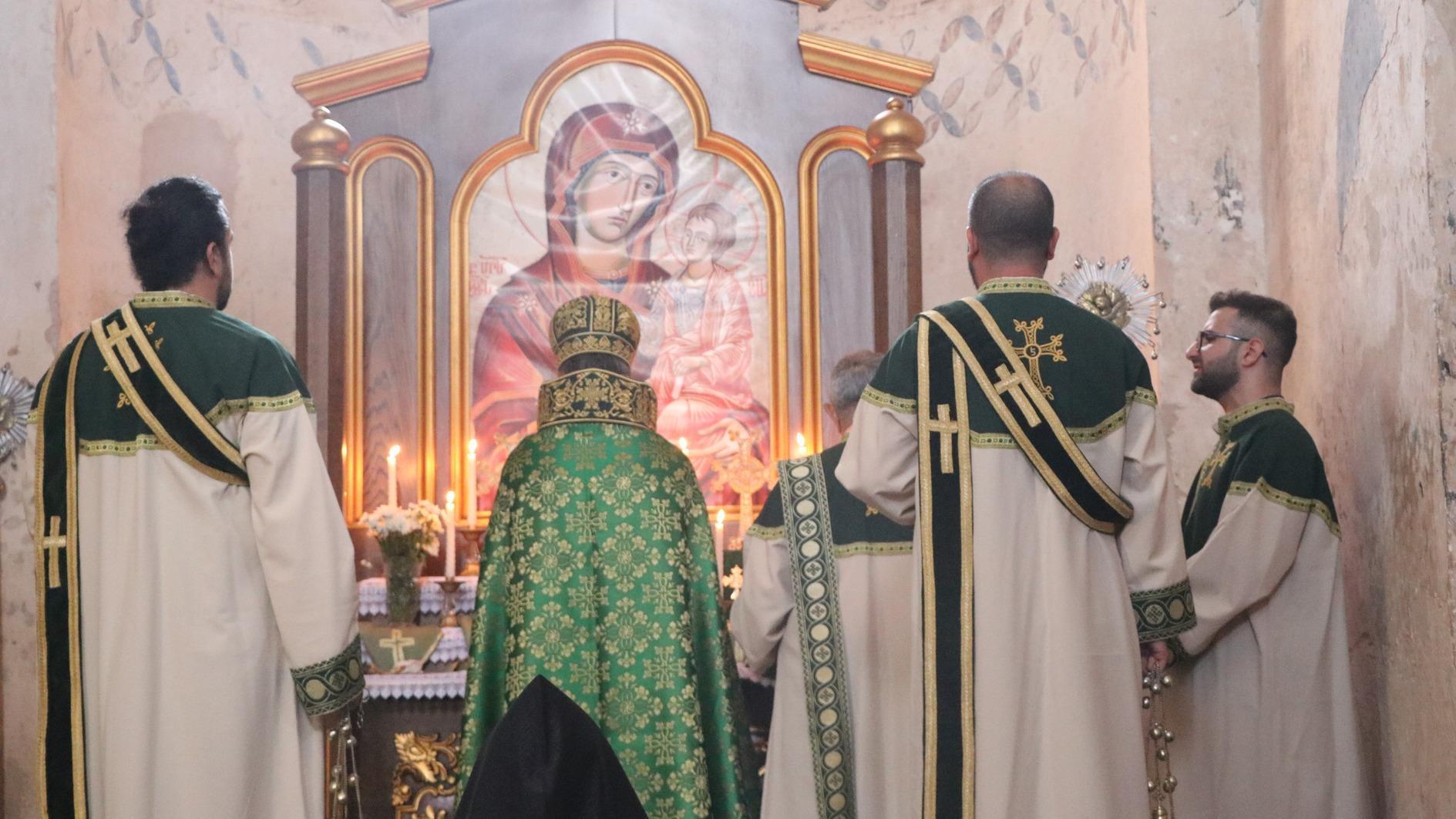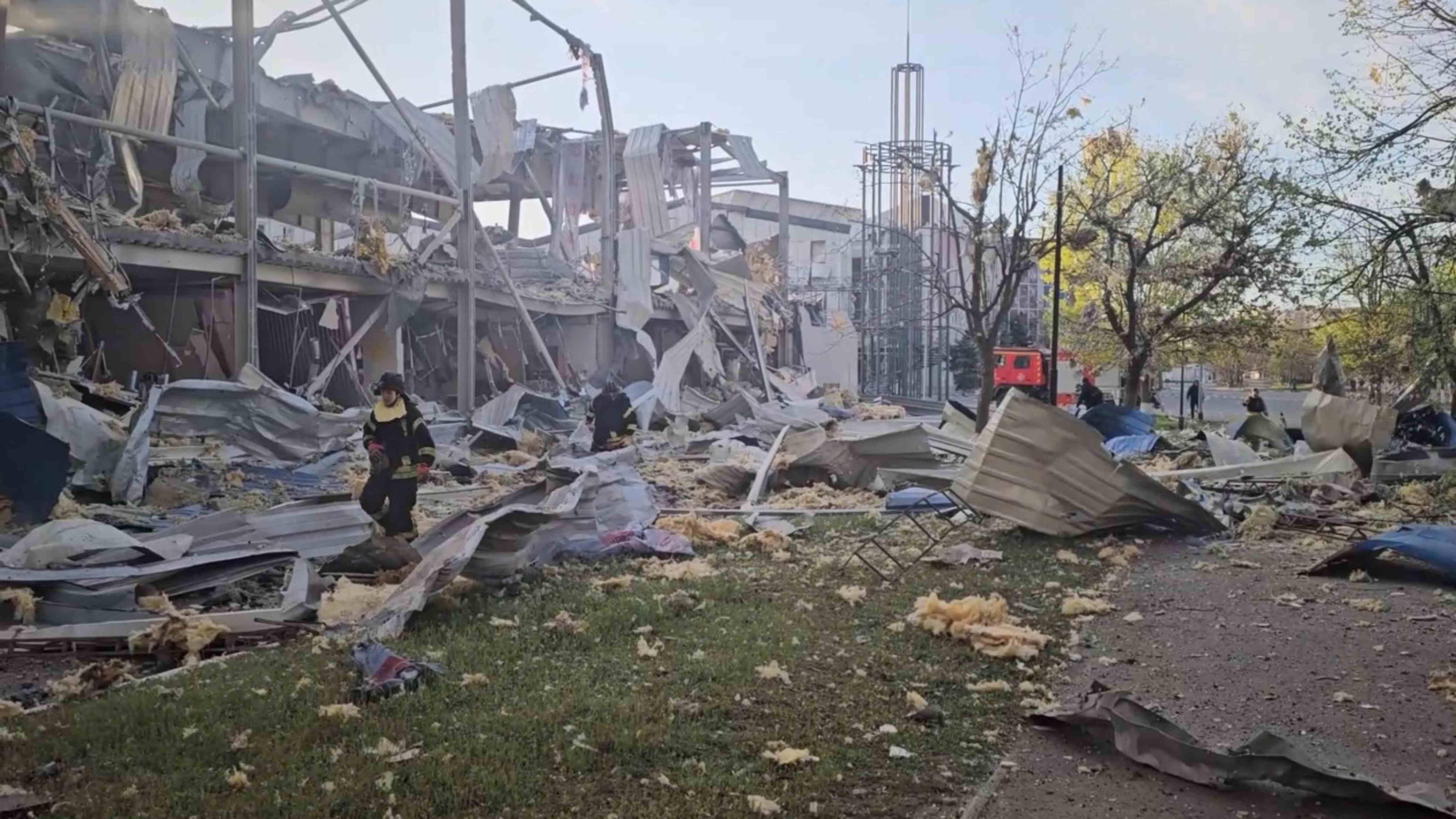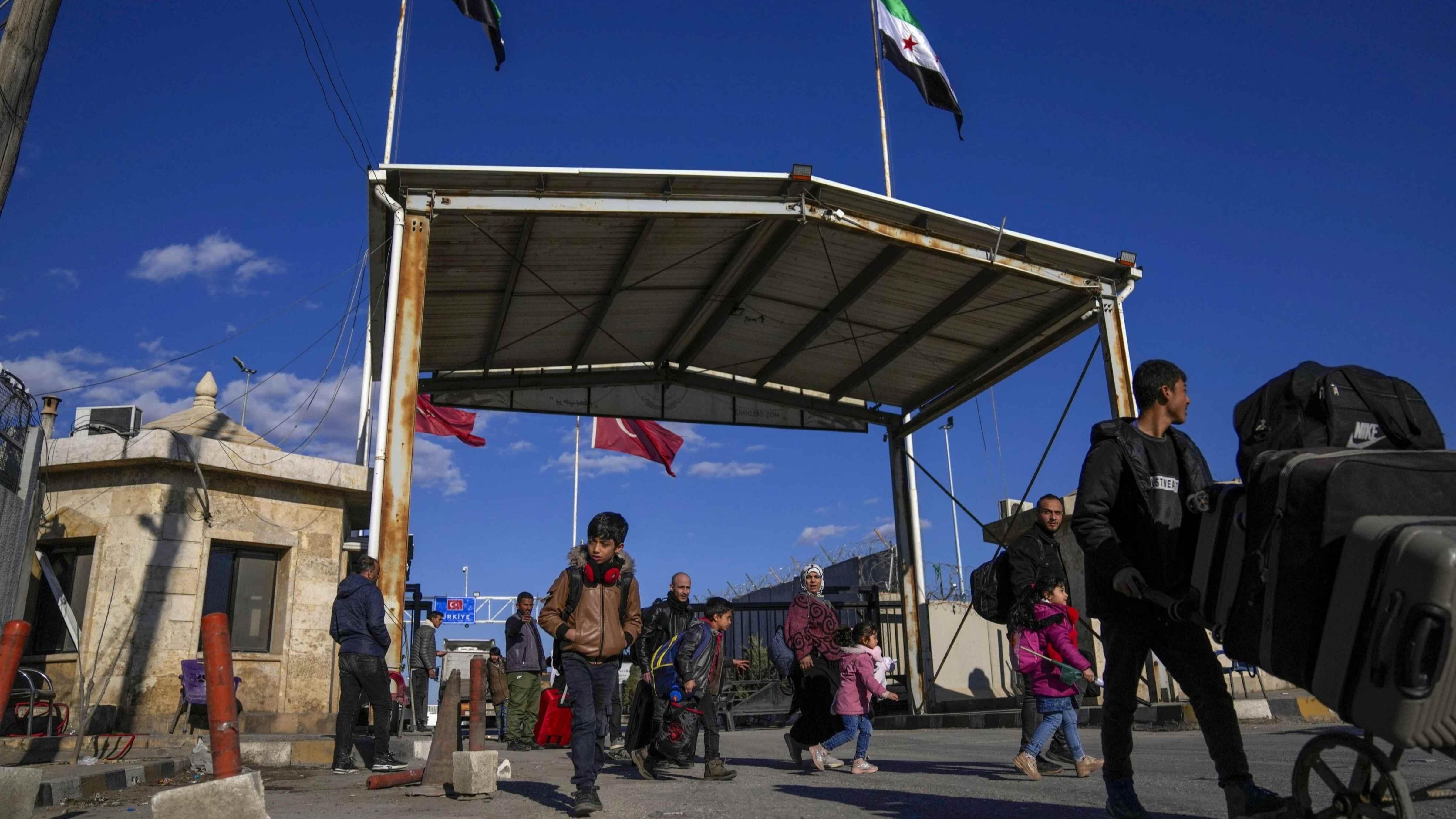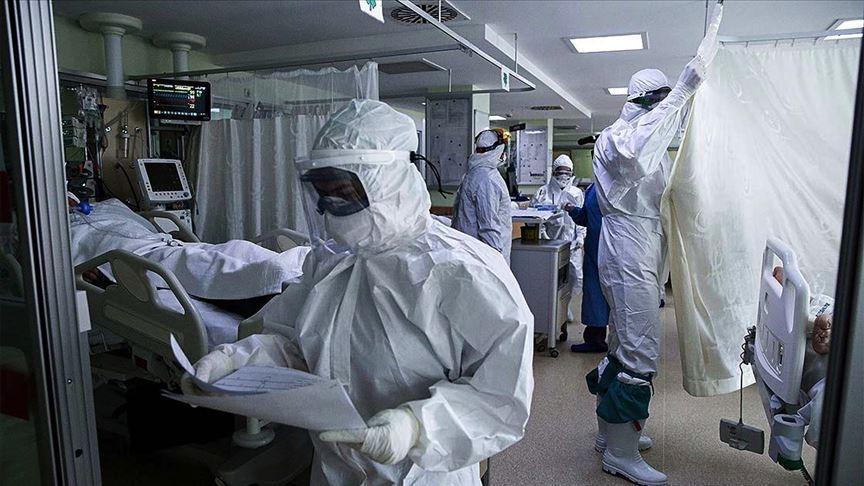Church in Van’s Akdamar Island hosts 12th mass
VAN

The Akdamar Church, an 1,100-year-old Armenian church situated on Akdamar Island in Lake Van, hosted its 12th special mass on Sept. 8.
Scores of people from across the country and around the world flocked to the island in the eastern province of Van to attend this significant annual event, held on the second Sunday of September.
Those who wished to attend the mass were transferred by boat after going through the search stations set up at Akdamar Pier, while security precautions were also in place for the occasion on the island.
The ceremony, presided over by the 85th Turkish Armenian Patriarch Sahak Maşalyan, commenced at 11 a.m., with Senior Father Drtad Uzunyan officiating the mass.
Tamara Telli, who traveled from Istanbul, shared that she had been dreaming of this day for as long as she could remember and expressed her gratitude to all the contributors who offered her this chance.
Another participant from Istanbul, Zarrok Keçeci, also remarked that they were deeply moved to attend the ceremony and praised the state officials for creating such a welcoming atmosphere.
The Turkish Culture and Tourism Ministry undertook renovation and restoration work to return the medieval church to its former glory in 2005 and declared it a monument museum in 2007. Subsequently, the church was opened to worship with only one day of mass permitted in 2010, after a hiatus of 95 years.
The ancient church, which is over 1,000 years old, serves as a significant piece of medieval Armenian religious history. It was constructed between 915 and 921 A.D. by architect Bishop Manuel under the direction of King Gagik I Artsruni.
Known for its unique place in East-West Christian art, the church boasts remarkable adornments and comprehensive wall reliefs from its time and holds great significance for the Armenian people.
The church's interior part features animal characters in relation to religious and secular incidents, as well as featuring frescoes that have mostly deteriorated with time.
















